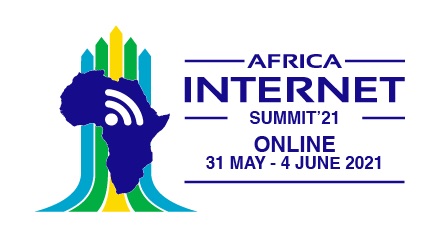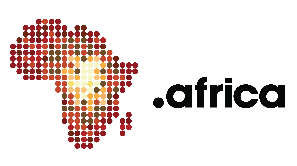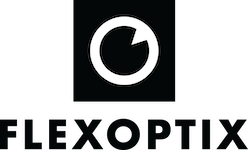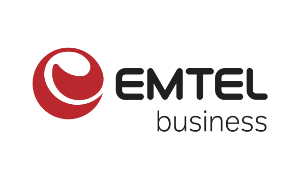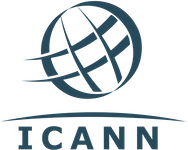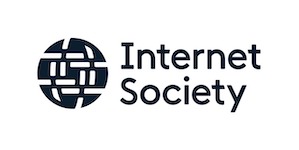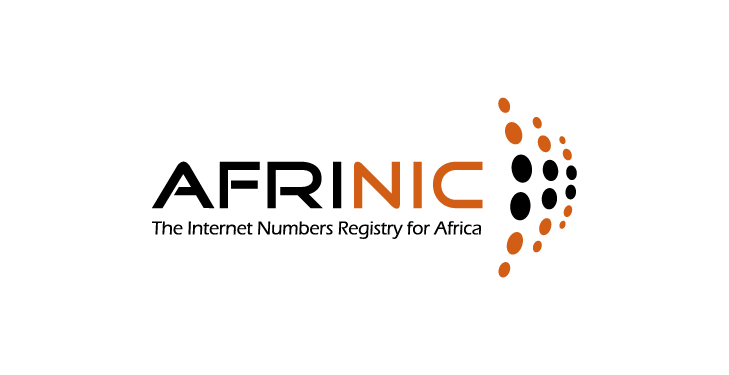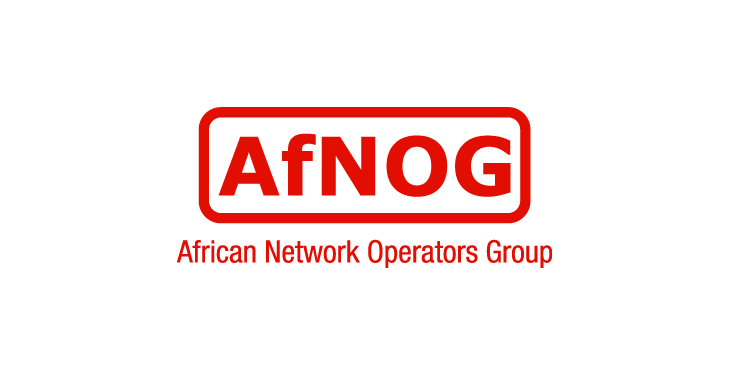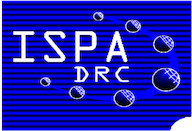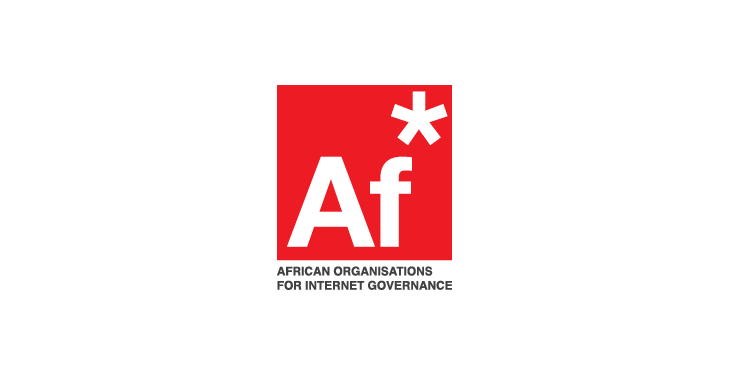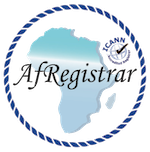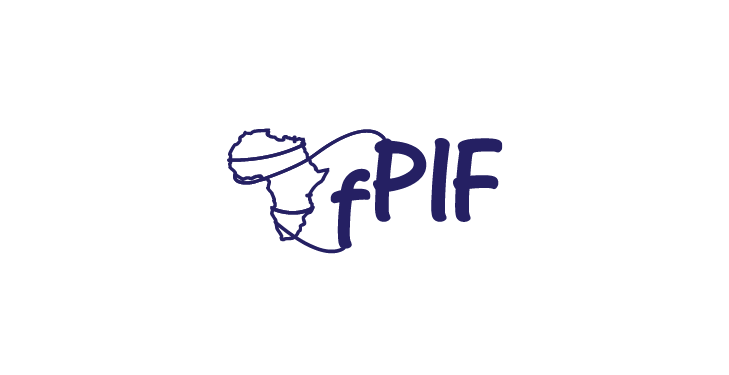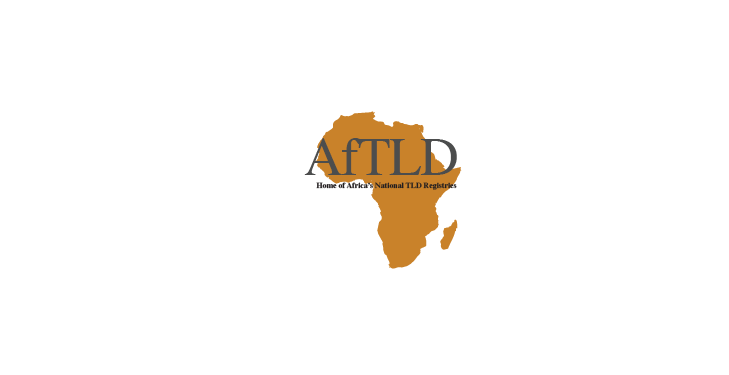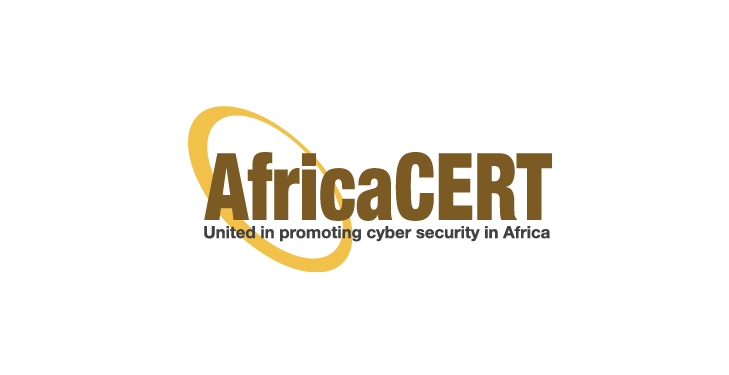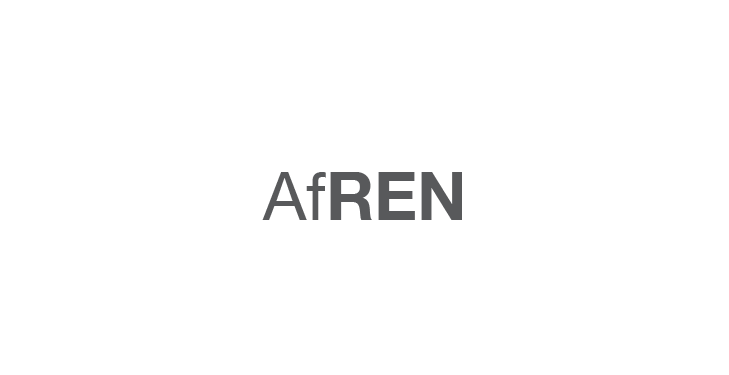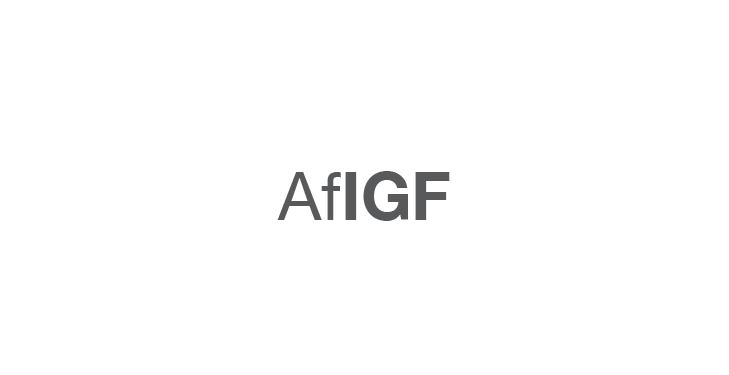AIS'21 | 31 May - Day 1 - AfNOG Day
AfNOG Day
The AIS’21 Online Meeting officially kicked off with the AfNOG Day. The opening remarks from the AFNOG Secretariat were given by Nancy Dotse. Ms Dotse highlighted that the objective of the conference is to build a community of engineers helping each other to open internet in Africa. and the crucial role that AfNOG plays on the continent through its educational programs. , Ms Dotse closed her speech by thanking the government of the Democratic Republic of the Congo and the AIS’21 sponsors.
Dr Nii Quaynor AfNOG convenor and moderator of this session introduced Dr Dawit Bekele, Regional Vice President, Africa Internet Society.
Dr Bekele expressed his concern over the Covid 19 pandemic and its impact on our lives and in Africa. Dr Bekele highlighted ISOC’s engagement towards supporting and developing community networks, Internet measurement, Internet resilience, and Internet security. Dr Bekele concluded his speech by providing an update on ISOC’s five-year strategy plan Dr Belele stated the progress made towards goals, for security and to improve internet access for communities around the continent.
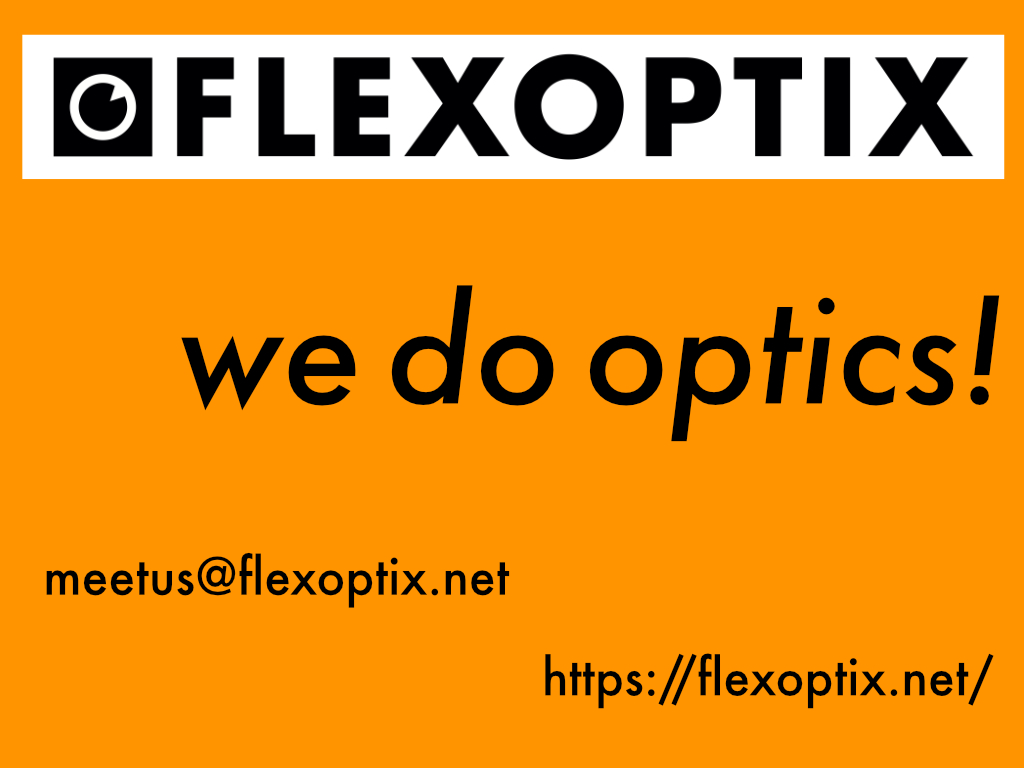
ISOC Presentation
Israel Bionyi talked about how to build an open, globally-connected, secure, and trustworthy Internet for Everyone in Africa during difficult times.
In his presentation, he talked about Internet Society projects and initiatives that work to ensure that the Internet is for everyone. In his presentation, he said the pandemic led to a shoot in Internet use, leading to an unprecedented increase in traffic. Figures from the Africa IXP Association show traffic rose from 1,034 Gbps in January to 1,556 Gbps in December. This thrust into the limelight discussions around Africa’s Internet resilience but equally about how to ensure that everyone in Africa can access the Internet. Amongst the Internet Society projects, featured those that touched on Community Networks and Infrastructure and community development, where he discussed how the Internet society tries to connect the unconnected via community networks and Internet exchange points.
Because data is a key part of what the Internet society does, he explained that it launched the Pulse.InternetSociety.org platform, where it tries to curate measurement data. It equally launched the Measuring Internet Resilience in Africa (MIRA) Project and gathers data on Internet use in 8 countries. It equally monitors shutdowns and would release this information out to people soon.
The presentation also touched on Routing Security, Internet Way of Networking, Open Standards, and how the Internet Society empowers people to take positive actions to drive change in their local communities. At the end of the presentations, participants asked questions and made remarks on encryption and Internet shutdowns. Participants wanted to know how to persuade governments that encryption is good and not to shut down the Internet.
Lightning Presentation: Building a fully automated, software-defined Internet exchange |Toni Yannick Kalombo, (Devboks)
This presentation provided a concise overview of what an Internet Exchange Point is and the benefits of software modelling and configuration management in realising a fully automated, self-service Virtual Internet Exchange platform. The only manual aspect is the actual connection of the Physical Interconnect with the exchange. Thereafter the automation handles the configuration and provisioning of services on top of the cross-connection. This allows better security, audit logging, reporting and reliability of the exchange along with the services provisioned through automation. The presentation also divulges the methodologies, technologies and tools utilized to realize the platform."
Lightning Presentation: IPv6 Extension headers and their implications for network and Security Operations”, Logananden Velvindron, (AFRINIC)
In this presentation, Mr Velvindron (AFRINIC) explained that IPv6 extension headers are part of the IPv6 Specification (RFC 8200). Over several years of deployment, implementers and operators have experimented with IPv6 extension headers and have written an informational draft that highlights the issues around v6 extension headers.
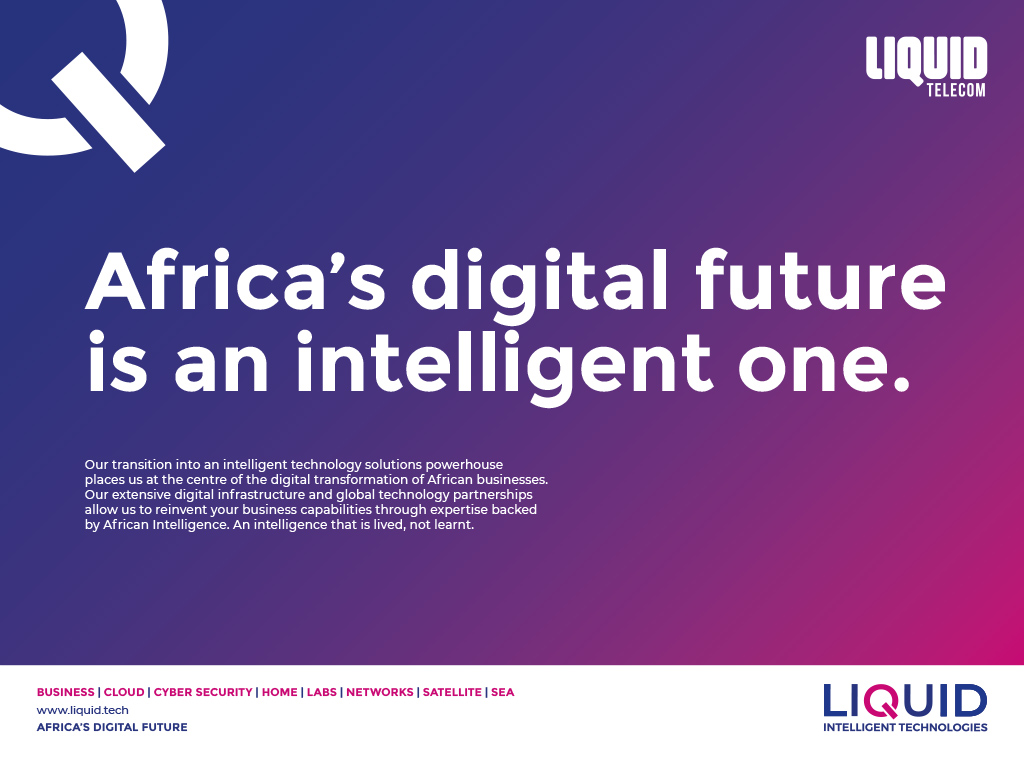
Global BCP for Routing Policy & Security
The presentation made by Dr Philip Smith looked at the current best practices for securing routing globally (the Mutually Agreed Norms for Routing Security (MANRS) initiative), with a specific focus on RPKI. The presentation shed light on the current state of ROA creation, the steps needed to implement route origin validation (ROV), the current operational good practices to consider when deploying ROV, and some of the tools available to monitor global uptake.

Shared, open and disaggregated networks to fast track digital inclusion by Jody Van Wyk
As access to the internet remains one of the critical factors to advance digital inclusion, so does the need for network infrastructure to advance connectivity increase. Shared, open and disaggregated networks enable operators to scale networks efficiently while answering the call for digital inclusion. Jody Van Wyk from the Telecom Infra Project Africa delivered an insightful presentation.on “Shared, open and disaggregated networks to fast track digital inclusion”.
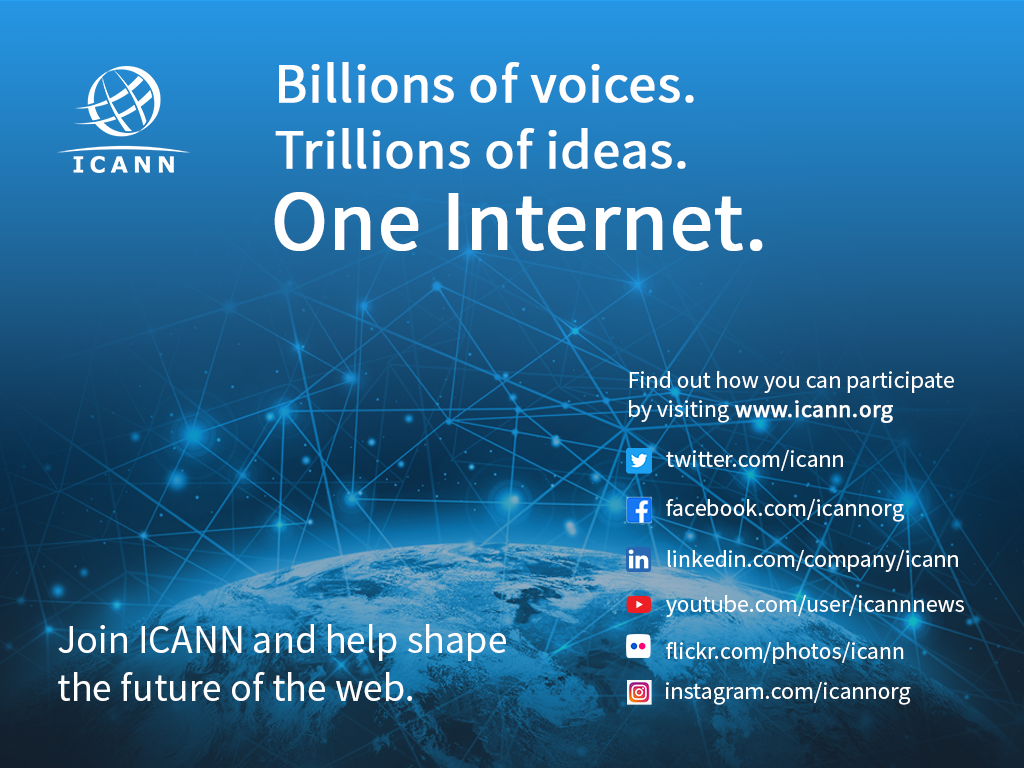
Presentation on ‘’Leveraging Blockchain to rebuild trust - Harminising Global Stakeholders’’ by Dr. Shin’ichiro Matsuo
Dr Shin’ichiro Matsuo intervened after the break and made his presentation on ‘’Leveraging Blockchain to rebuild trust - Harminising Global Stakeholders’’.
Time with Vint Cerf
Alain Aina introduced Vint Cerf Chief Internet Evangelist, Google who shared his views on Internet access and commended Internet players in Africa. Vint Cerf expressed concern over the lack of access in rural regions. Mr Cerf gave his insights into the role played by the Internet in our society in the pandemic era and the sense of inequity and inequality with regards to the ability of people to work at home and using the Internet.
Vint Cerf also shared his appreciation of the increased availability of cable connectivity in Africa and mobile capability including 4 and 5G in addition to the exciting development in the new proliferating ways of getting access to the Internet.
Vint Cerf highlighted the benefits of the technological innovation called Craig initially developed at Google which has a property that binds together the functionality of TCP and TLS so that the two are treated as a single protocol.
Finally, Mr Cerf spoke about the importance of Internet security, namely two-factor authentication, policy and technical issues across the internet functionality and called for everyone who is responsible for building and running the Internet to cope with those challenges.
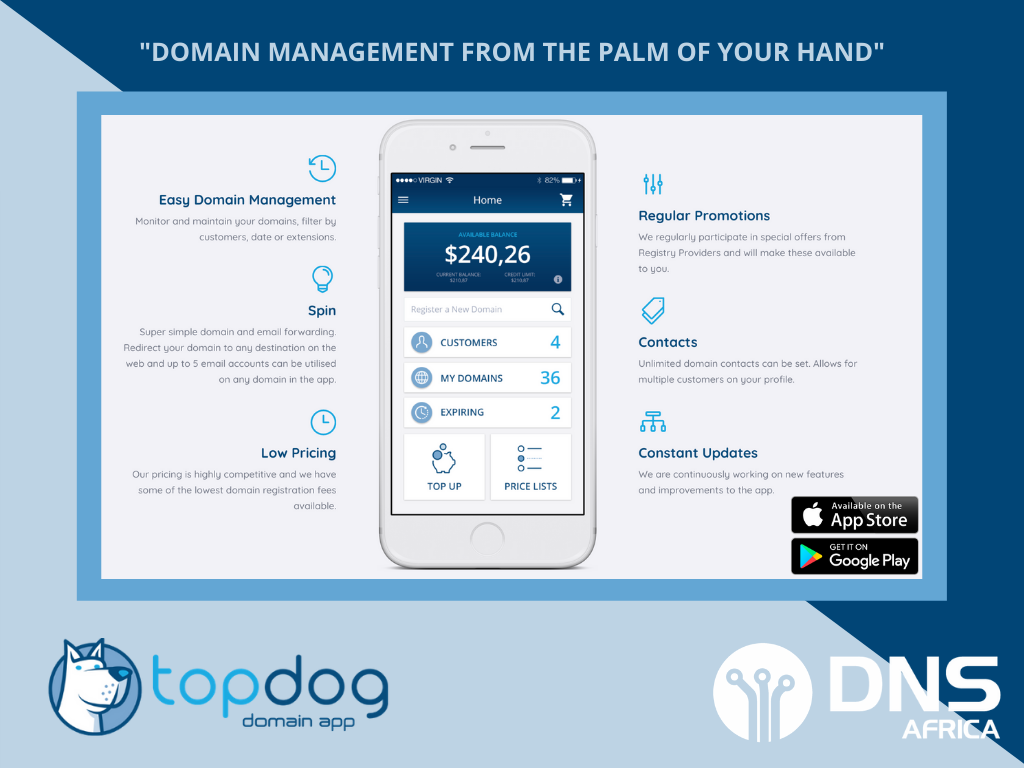
What next, update on AfNOG 2.0 Discussions
The day was concluded with a discussion on AfNOG 2.0. After a presentation made by Alain Aina for the Secret Working Group, there were discussions on the work of AfNOG and their activities. The panel discussed the various aspects of AFNOG activities and some of the challenges especially in the era of the pandemic.
Inclusivity and Diversity session
This session took place on Friday 28 May with the theme ‘’Fostering an inclusive and diverse environment in the African Internet Ecosystem’’ The session was moderated by the AFRINIC CEO Eddy Kayihura and discussed the concerns around the digital divide and how inclusion and diversity can help bridge this gap in Africa. The Inclusivity and Diversity session was sponsored by DotAfrica.
From a gender perspective, Mrs Wafa Dahmani-Director of IT Emergency Response and Assistance at the National Agency for Computer Security (ANSI), Tunisia produced some insightful global reports showing that the disparity in internet access is more prominent in Sub-Saharan Africa. Mrs Dahmani also offered some recommendations to tackle this issue by improving aspects of the availability, usability and readiness of the Internet infrastructure in Africa.
Ms Anne Rachel Inne, Executive Director Government Affairs and Public Policy at the American Registry for Internet Numbers (ARIN) addressed the social and education aspects of digital inclusion and the importance of thawing technology and gender to work hand in hand in the educational sector. Ms Inné shared her perspective from her country and her personal experience with designing smart villages. Me Inne also highlighted the importance of knowledge sharing using a language that matters to the local communities.
Mr. Jabhera Matogoro, CEO Tanzania Community Networks Alliance gave an insight from the community perspective in Tanzania through his experience in Tanzania. Five gender gaps challenges were highlighted. One challenge is affordable solutions. The second challenge is high broadband costs. The third challenge is cost. Fourth is the lack of stable power, especially in rural areas. The last challenge is the lack of policies favouring the use and access to IP resources in favour of community networks.
Other participants namely Ms. Portia Rabonda - Flexoptix, Ms. Sarah Kiden - AFRALO, Ms. Evelyne Namara - ISOC, and Ms. Khansa Abdalla - AFRINIC spoke on their personal experiences and challenges entering the IT world from a youth perspective.
The importance of mentorship while joining the Internet community in Africa was highlighted by the participants.
Mr Eddy Kayihura concluded the session by stating that the participants’ voices will be heard and attended to.
AIS’21 Newcomers session
A newcomers session was held prior to the Inclusivity and Diversity session. The newcomers were introduced to AFRINIC's ecosystem, detailing its work in the global Internet system. Presentations were made by Brice Abba, Madhvi Gokkol and James Chirwa from AFRINIC.
Opening cocktail
Invitation: AIS'21 Online Virtual Cocktail at 13:20 UTC on 1 June
Participants can join here > https://spatial.chat/s/AIS21Onlinecocktail
Sponsors
A big thank you to our AIS’21 Online Sponsors: Connectivity Sponsor - Emtel Mauritius, Translation & Captioning Sponsor -Flexoptix, Inclusivity and Diversity Sponsor -Dot Africa, other sponsors -ICANN, Internet Society (ISOC), Liquid Intelligent Technologies and DNS Africa. You can meet the sponsors virtually on the spatial chat platform>>https://spatial.chat/s/africaninternetsummit2021
Survey
Our survey is open and the link has already been shared on the chat. You stand a chance to win a little surprise. The winner will be announced on Thursday 3rd June 2021 during the break. EN Link>>https://www.videoask.com/f2ya1ehvr
Slides and videos
All slides and videos are available in the agenda under their individual sessions.
